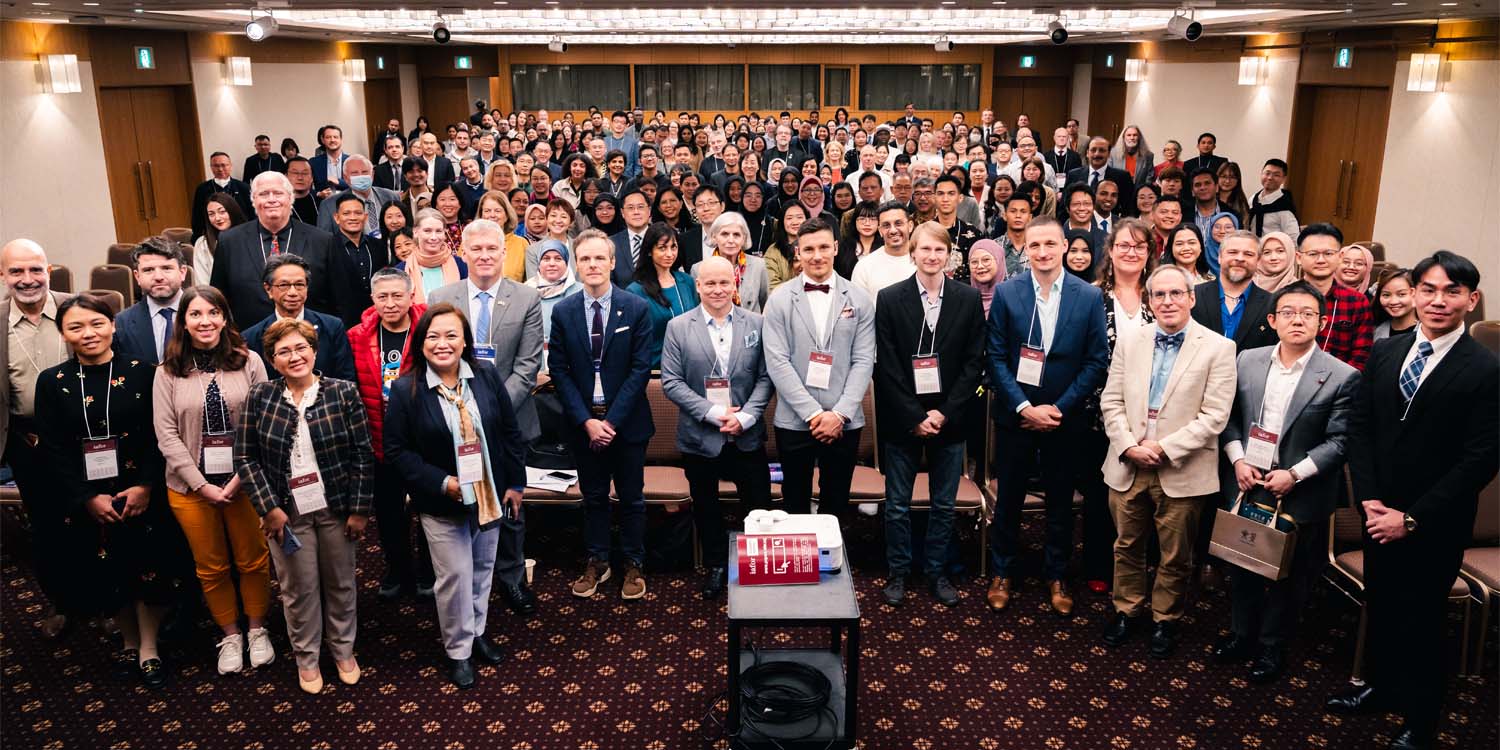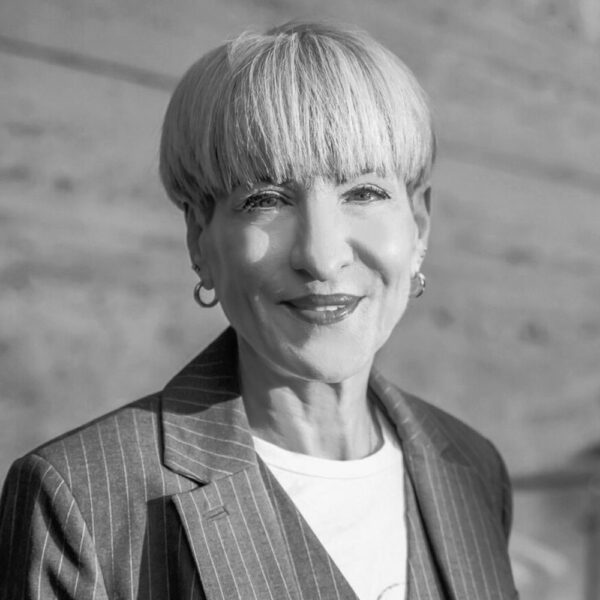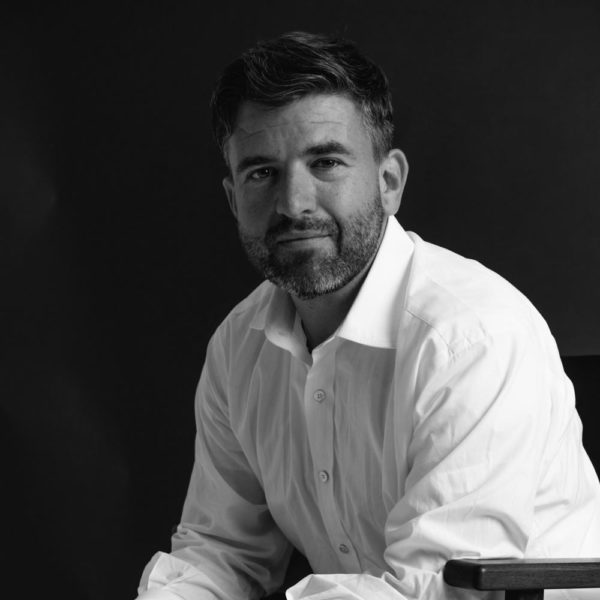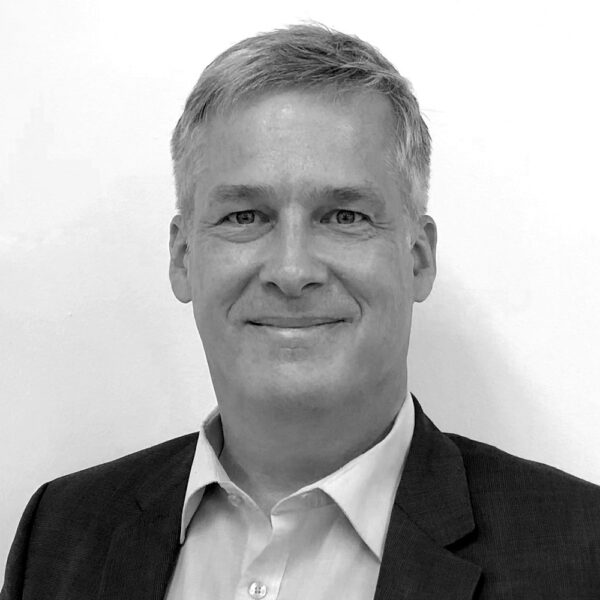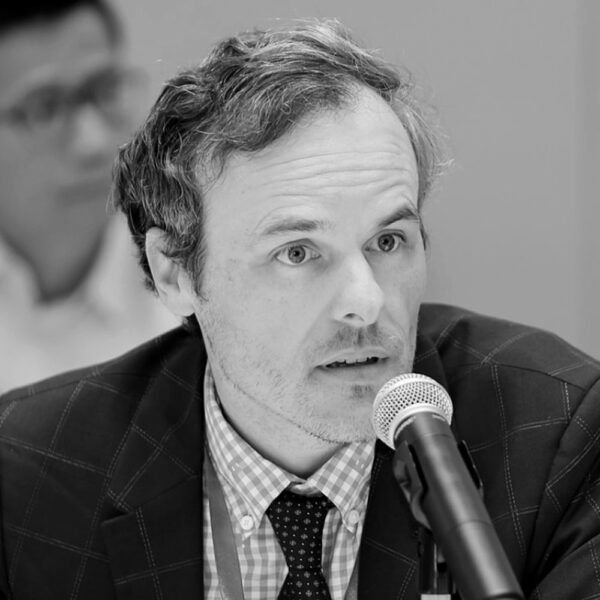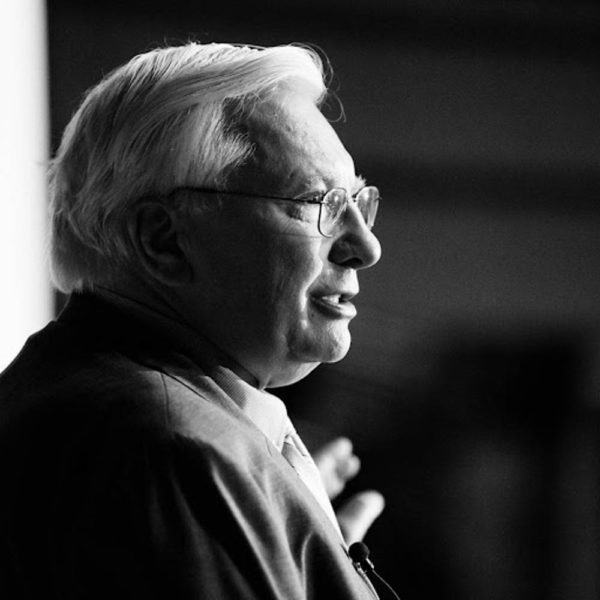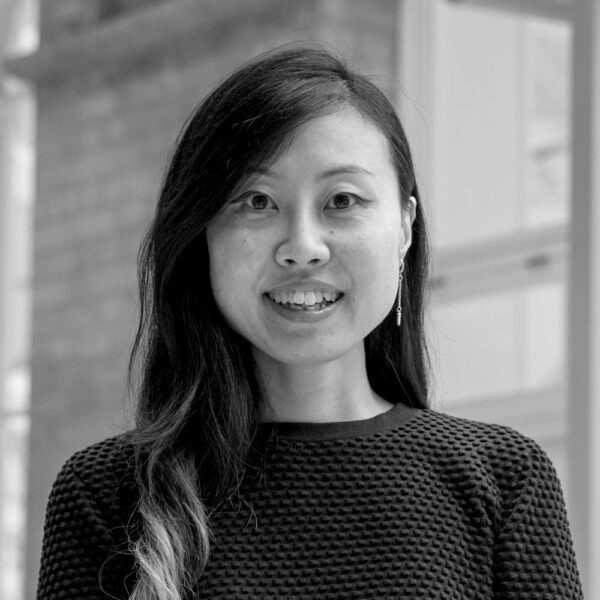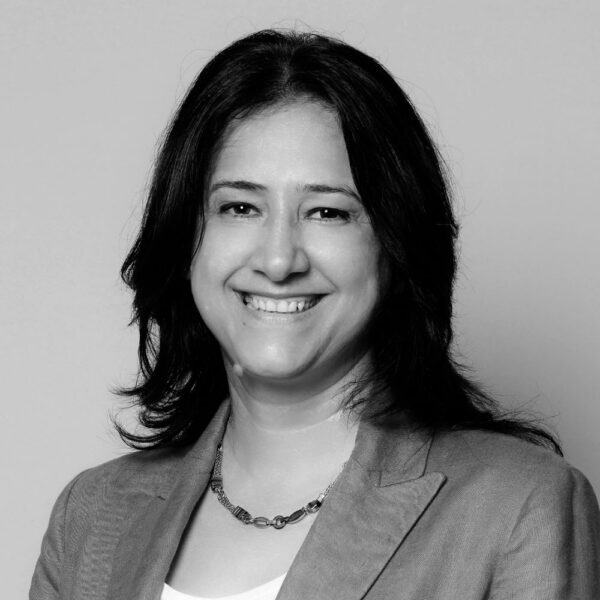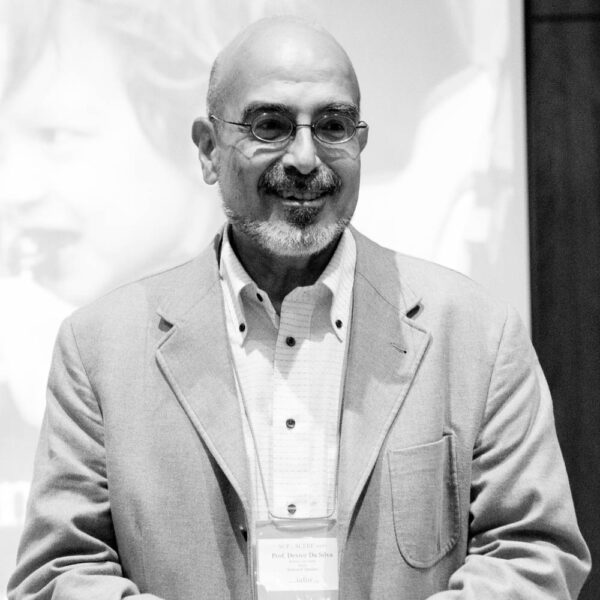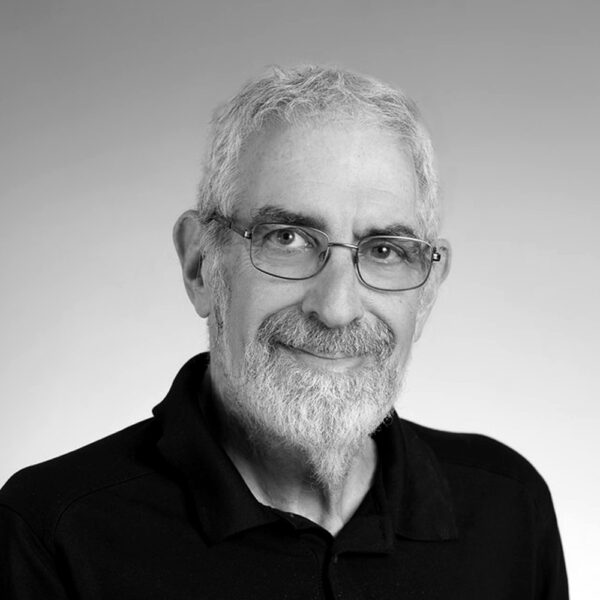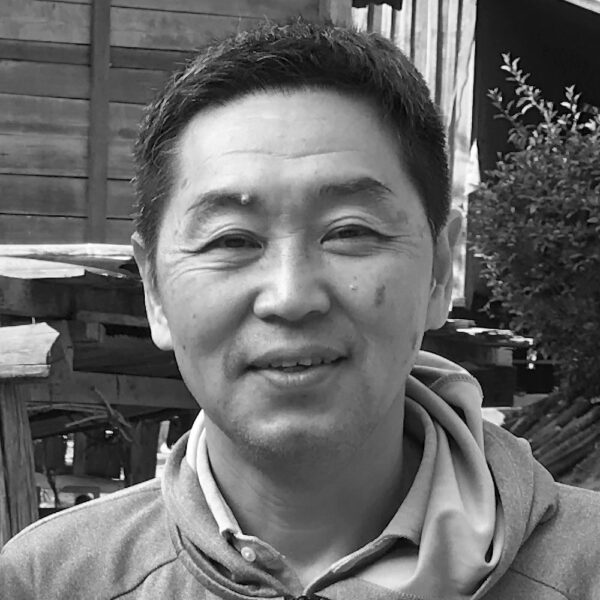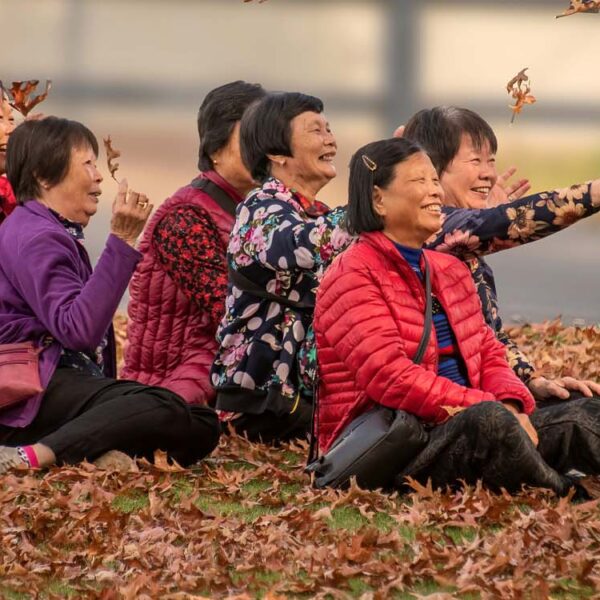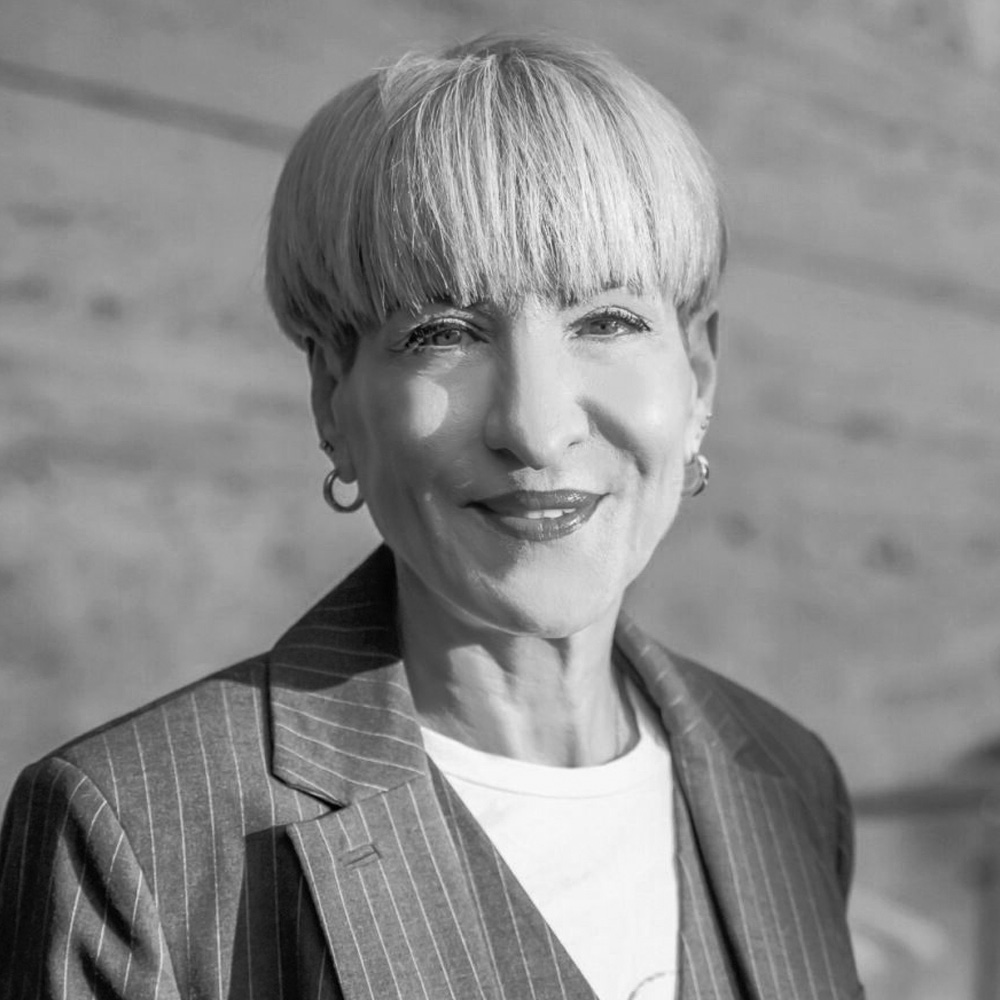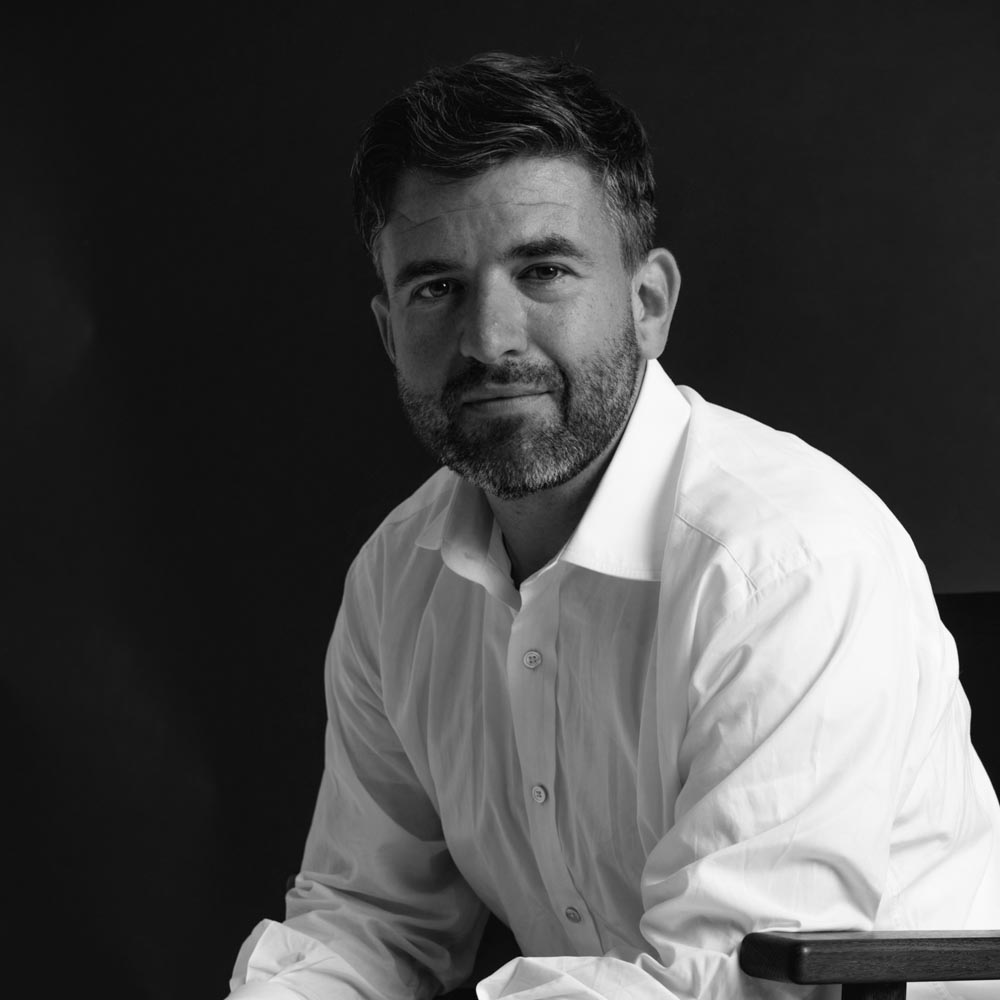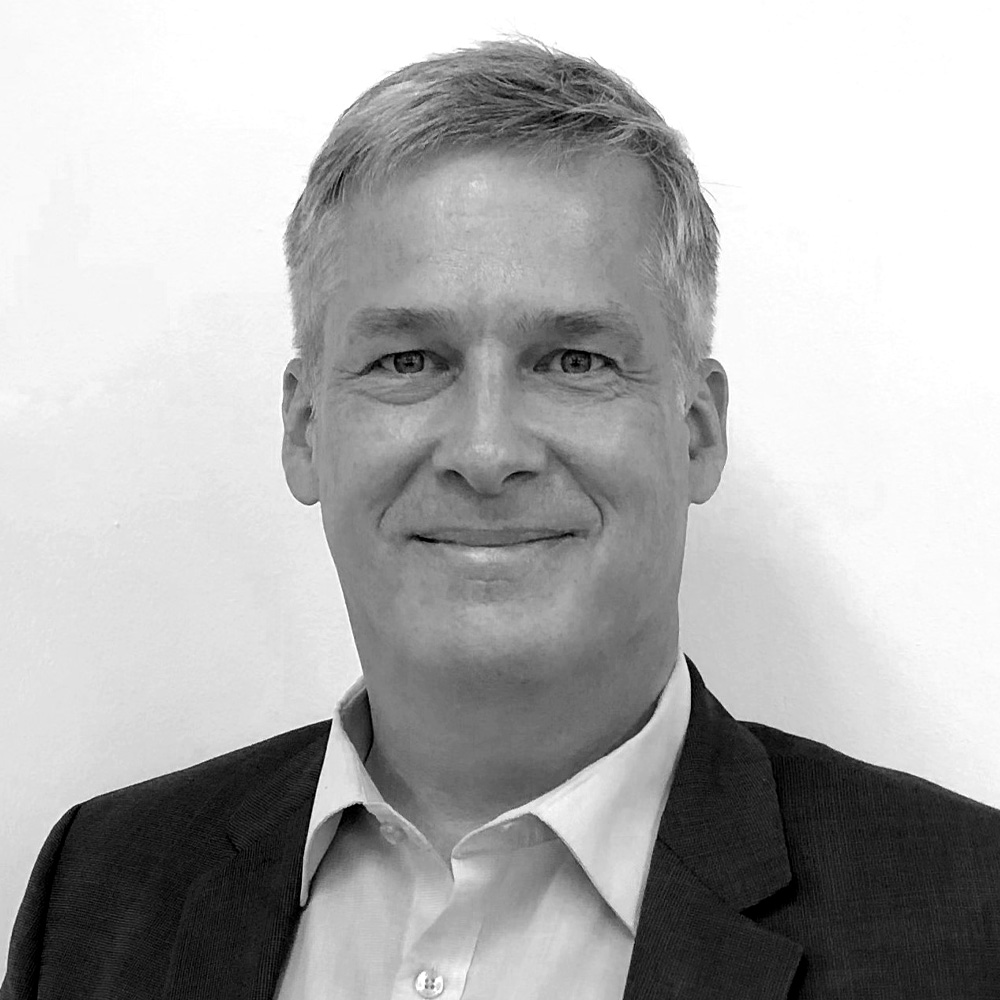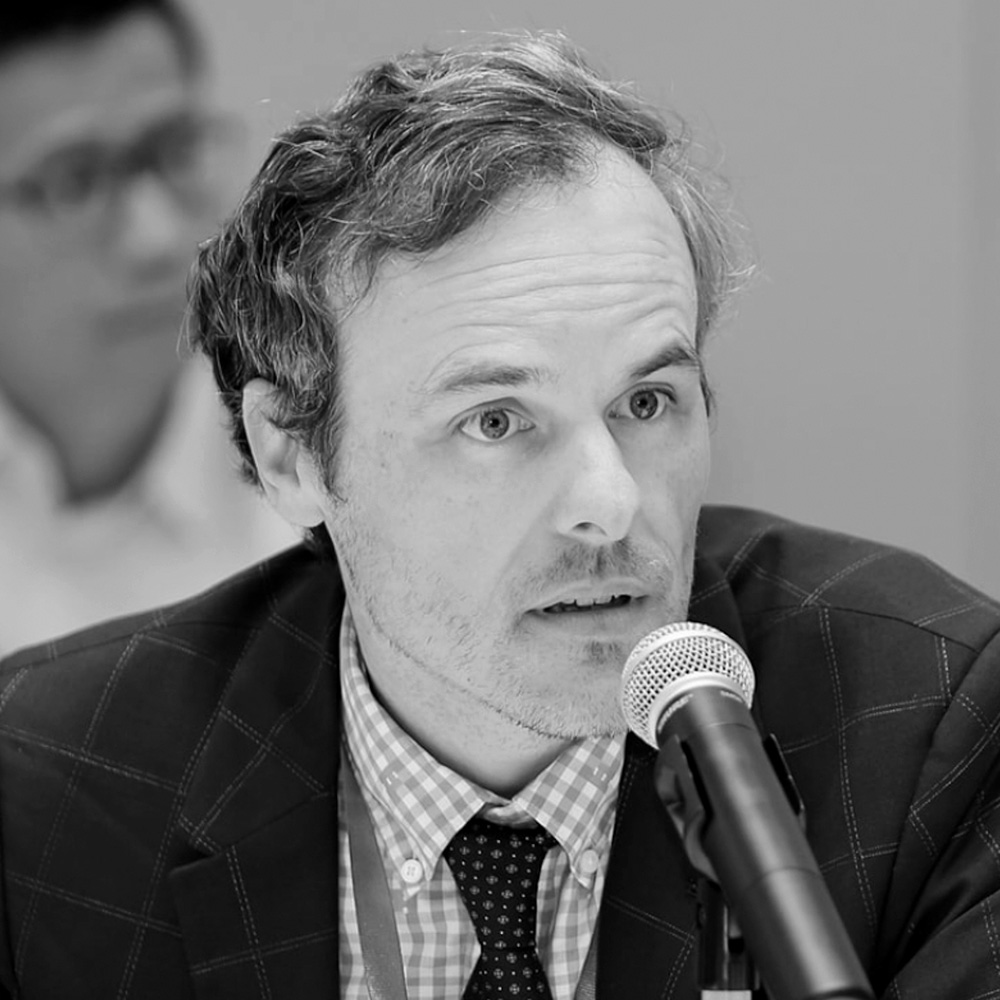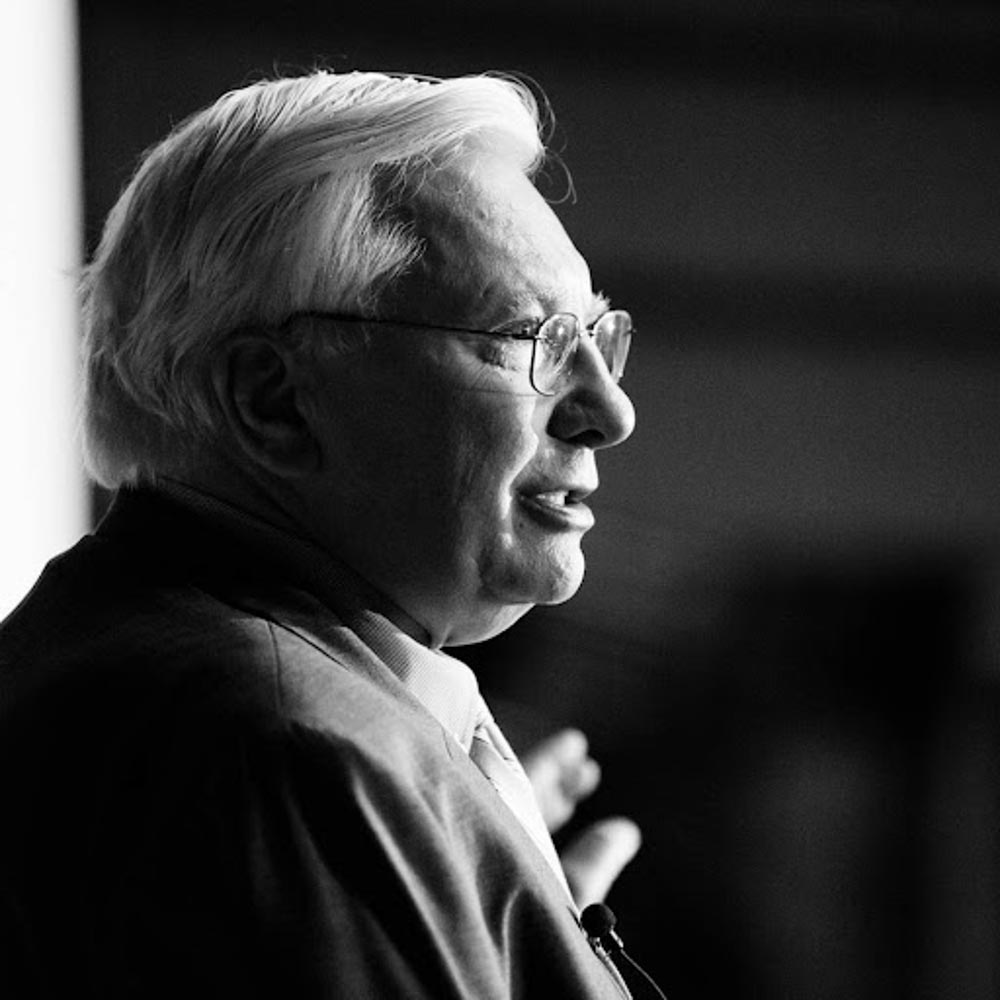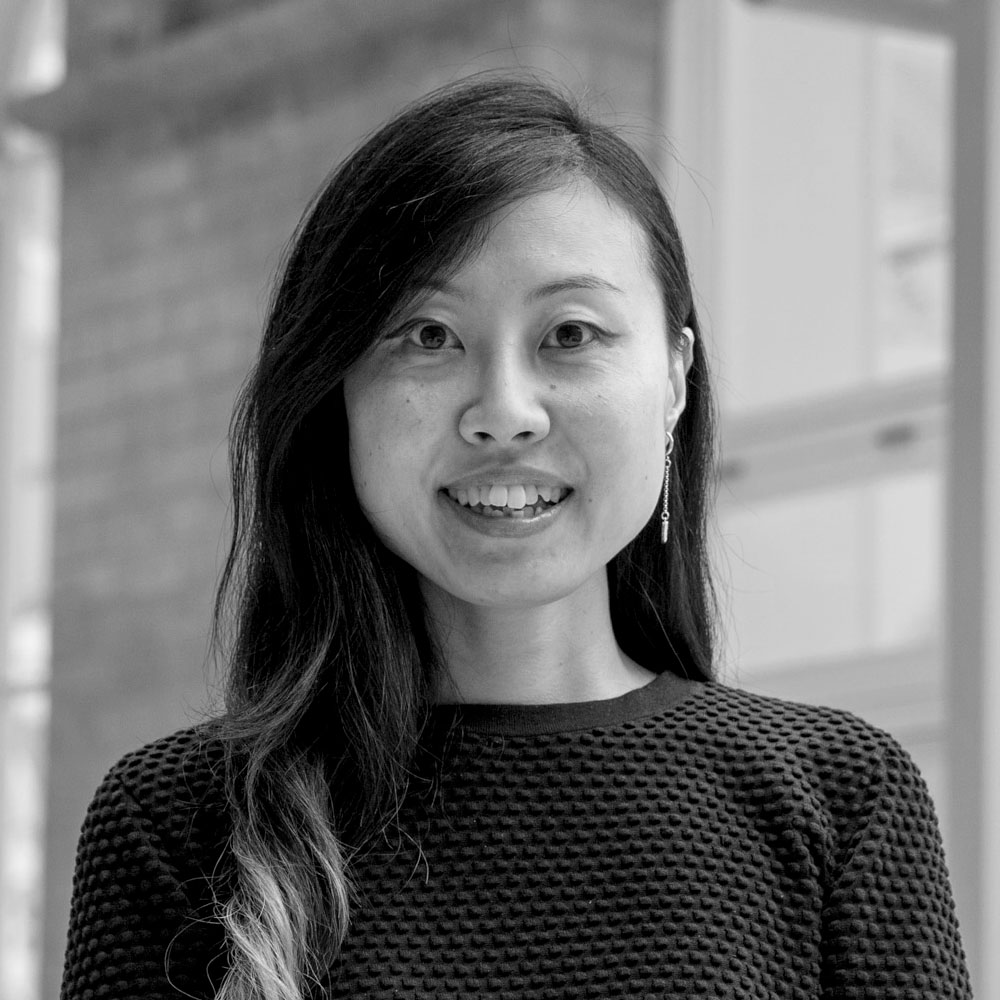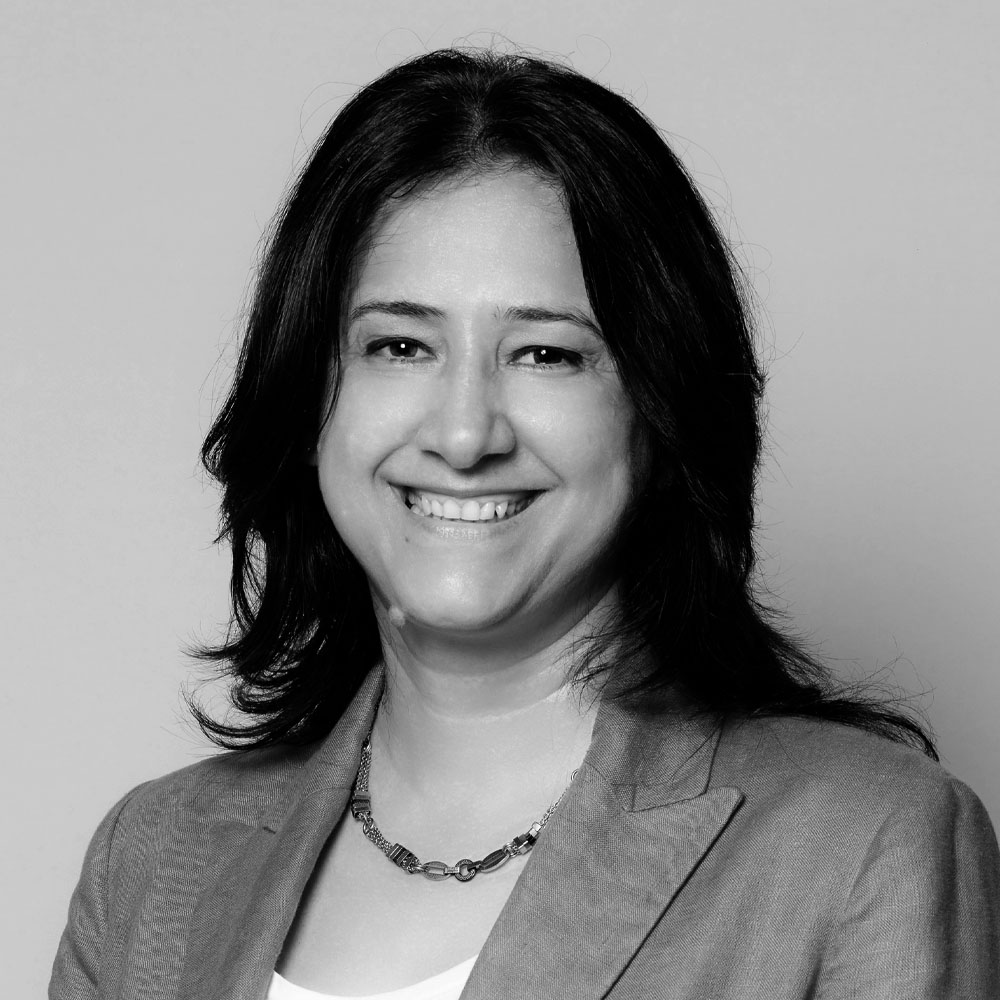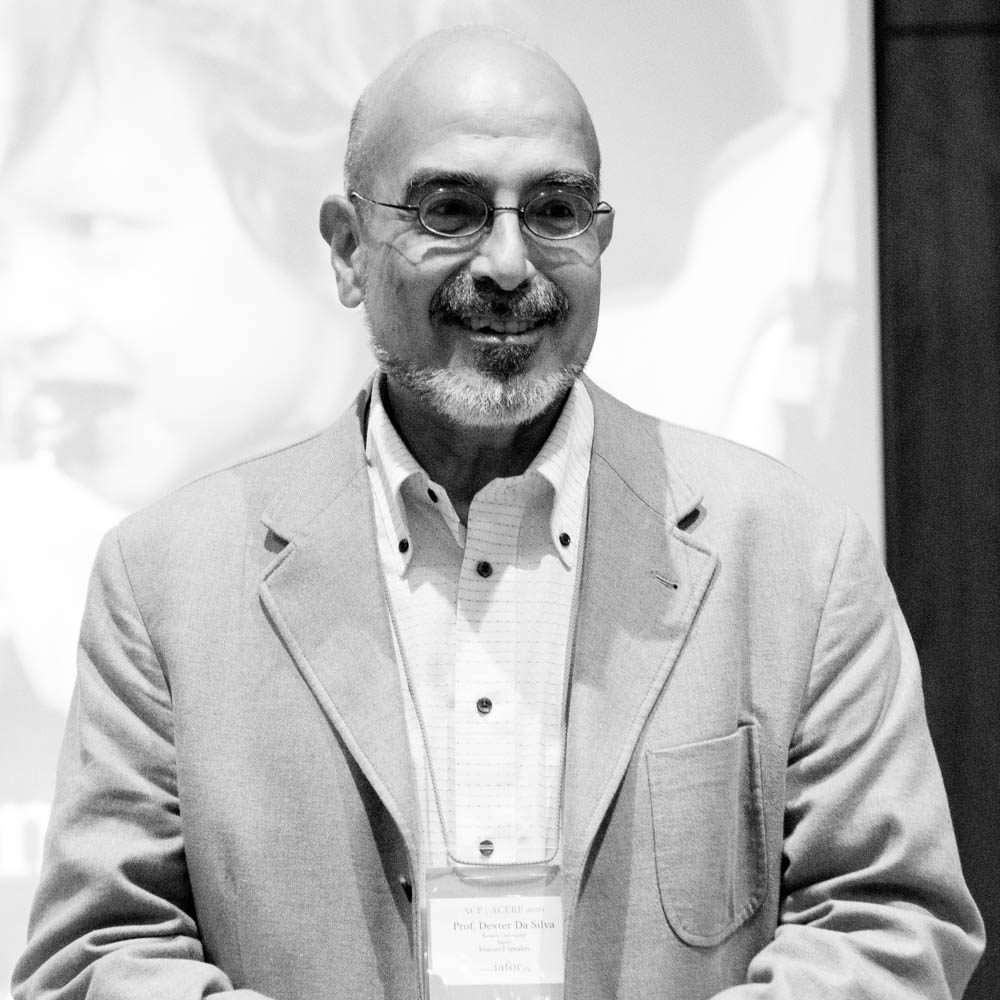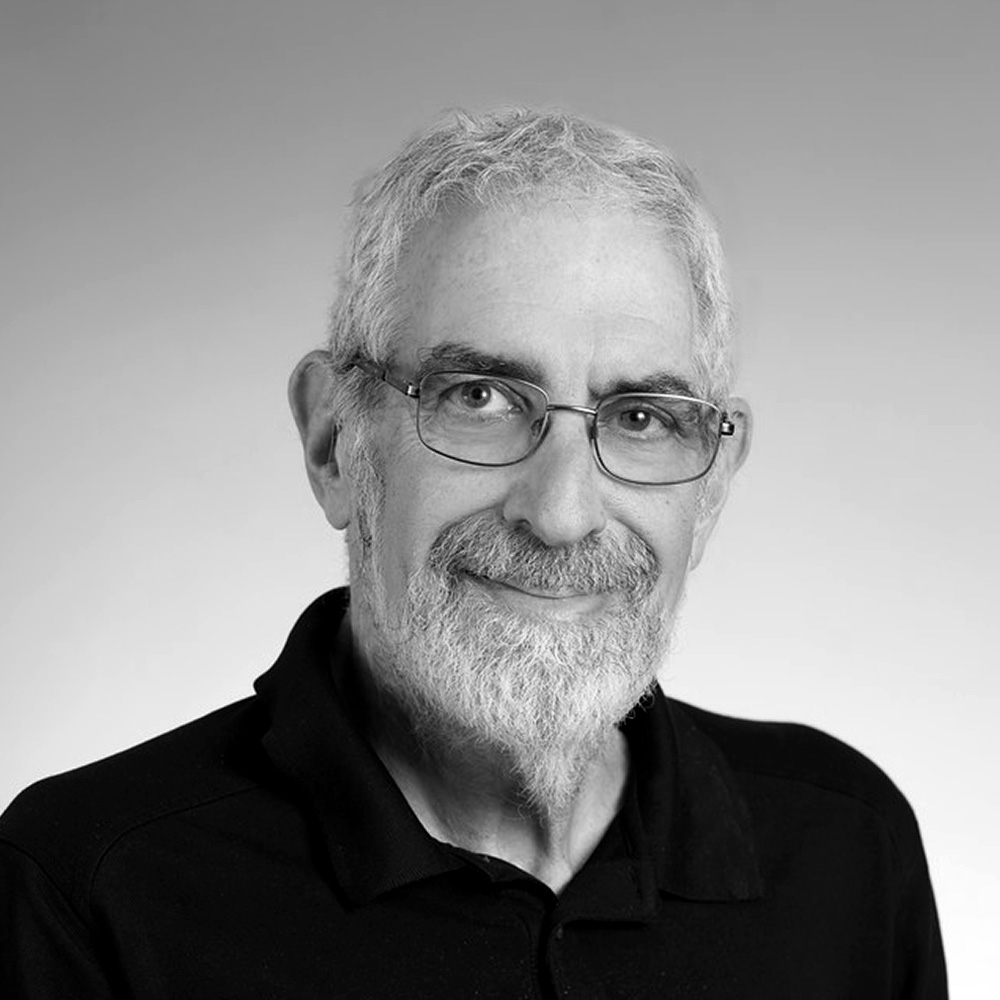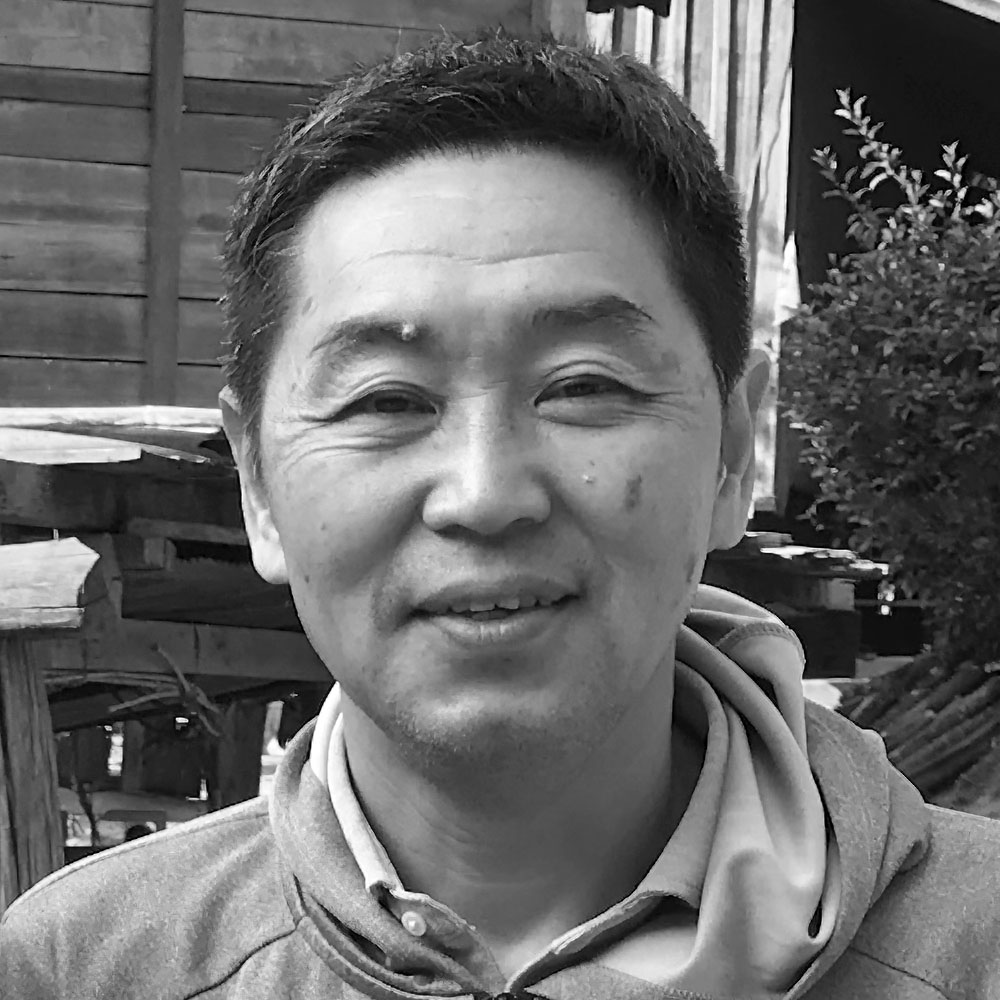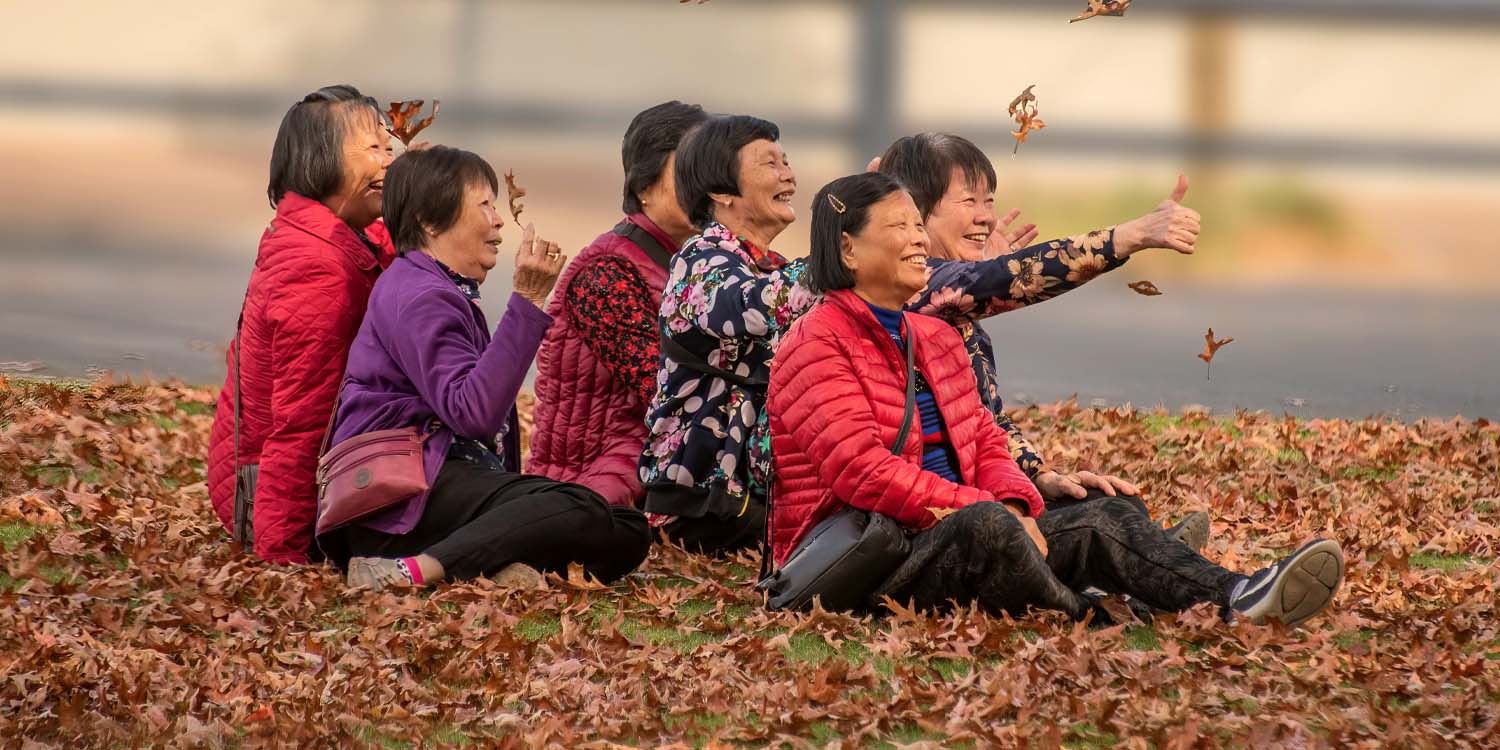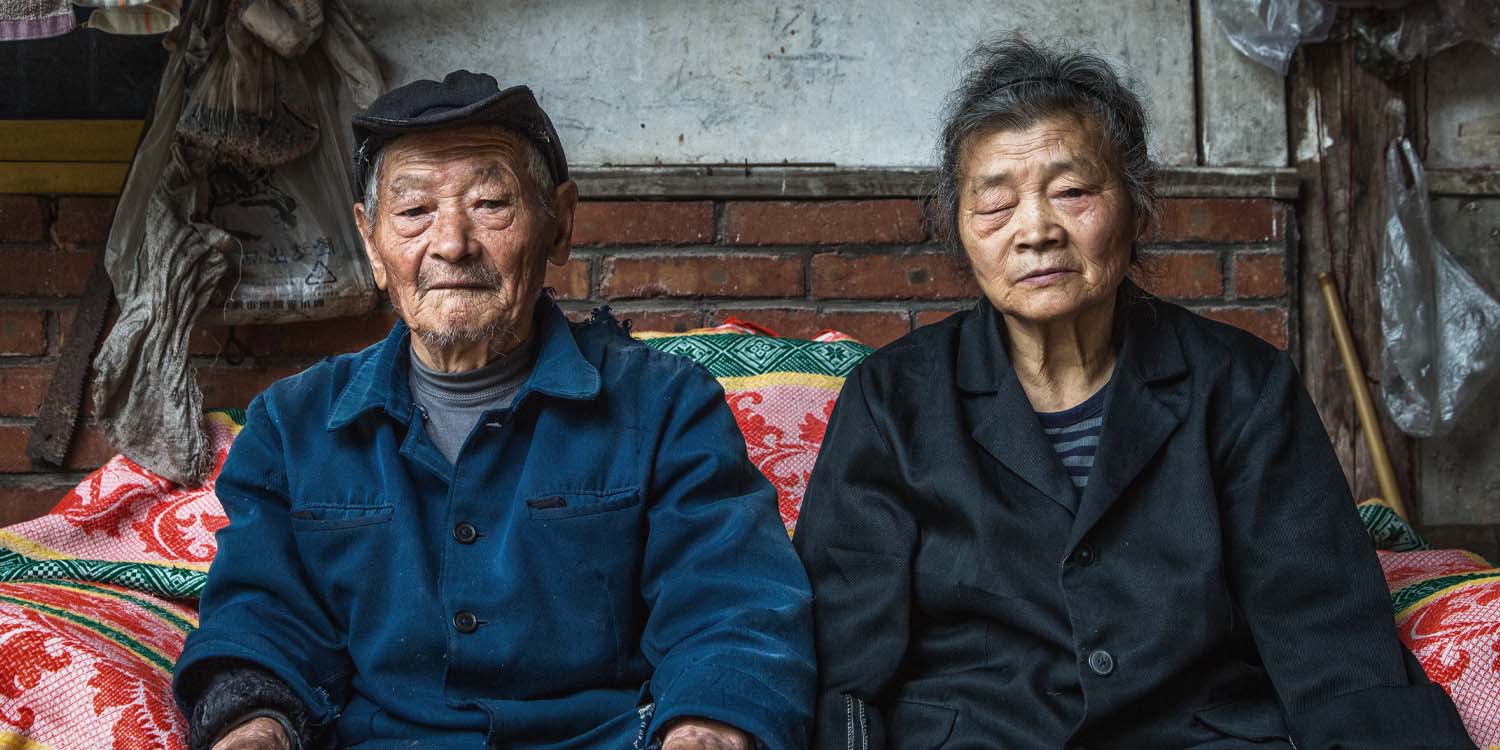AGen2024
March 25-29, 2024 | Toshi Center Hotel, Tokyo, Japan, and Online
In line with the International Academic Forum’s (IAFOR) mission of interdisciplinarity, we successfully held one of our most popular interdisciplinary conferences in Tokyo. The 10th Asian Conference on Education and International Development (ACEID2024) took place alongside The 14th Asian Conference on Psychology and Behavioural Science (ACP2024) and The 10th Asian Conference on Gerontology and Aging (AGen2024) from March 25-29, 2024. Altogether, the joint conferences welcomed over 700 delegates from more than 60 countries from around the world.
Speakers
-
Adela Balderas CejudoUniversity of Deusto, Spain; University of Oxford, United Kingdom
-
Robert E. ClaarHekaBio K.K., Japan
-
Joseph HaldaneThe International Academic Forum (IAFOR), Japan
-
Brendan HoweEwha Womans University, South Korea
-
Kevin KesterSeoul National University, South Korea
-
Keith W. MillerUniversity of Missouri – St. Louis, United States
-
Miriam Sang-Ah ParkNottingham Trent University, United Kingdom
-
Bhanu RanjanSP Jain School of Global Management, Singapore
-
Dexter Da SilvaKeisen University, Japan
-
Merril SilversteinSyracuse University, United States
-
Kiyotaka TakahashiKeisen University, Japan
Programme
-
Healing the Scars of War: Teaching for Peace through Higher Education in Divided and Conflict-Affected ContextsKeynote Presentation: Kevin Kester
-
Dealing with the New as We Get Old: AI, Aging, and Ethical IssuesKeynote Presentation: Keith W. Miller
-
On People and Ageing: Opportunities in an Overlooked and Misunderstood Market SegmentKeynote Presentation: Adela Balderas Cejudo
-
Japan as a Role Model for Ultra-Aging Societies: Innovation and Sustainability in Universal Access HealthcareKeynote Presentation: Robert E. Claar
-
Getting Old, Staying Young? Studying Older Adults’ Well-beingFeatured Presentation: Miriam Sang-Ah Park
-
Transforming Mental Healthcare While Harnessing Artificial IntelligenceFeatured Presentation: Bhanu Ranjan
-
Critical Review on Changing Characteristics of Japan’s Development Assistance and Some Responses of Civil SocietyFeatured Presentation: Kiyotaka Takahashi
-
Panel Series: Communication and Education for PeacePanel Presentation: Brendan Howe, Dexter Da Silva
-
Filial Piety and its Discontents Variation in Evaluating Adult Children as “Filial” by Older Parents in Rural ChinaKeynote Presentation: Merril Silverstein
Conference Committees
Global Programme Committee
Dr Joseph Haldane, IAFOR and Osaka University, Japan, & University College London, United Kingdom
Professor Jun Arima, President, IAFOR & University of Tokyo, Japan
Professor Anne Boddington, Executive Vice-President and Provost, IAFOR & Middlesex University, United Kingdom
Professor Barbara Lockee, Virginia Tech, United States
Professor Donald E. Hall, Binghamton University, United States
Dr James W. McNally, University of Michigan, United States & NACDA Program on Aging
Dr Grant Black, Chuo University, Japan
Professor Dexter Da Silva, Keisen University, Japan
Professor Baden Offord, Centre for Human Rights Education, Curtin University, Australia & Cultural Studies Association of Australasia
Professor Frank S. Ravitch, Michigan State University College of Law, United States
Professor William Baber, Kyoto University, Japan
Members of the IAFOR Board of Directors and The Academic Governing Board are standing members of the Global Programme Committee.
Conference Programme Committee
Dr Joseph Haldane, The International Academic Forum (IAFOR), Japan
Professor James W. McNally, University of Michigan, United States & NACDA Program on Aging
Professor Sela V. Panapasa, University of Michigan, United States
Lowell Sheppard, Never Too Late Academy, Japan
Professor Haruko Satoh, Osaka University, Japan
Conference Review Committee
Dr Angela Koh, National Heart Centre Singapore, Singapore
Kathryn Lavender, National Archive of Computerized Data on Aging, University of Michigan, United States
Professor Chun-yi Lin, Asia university, Taiwan
Dr James McNally, University of Michigan, United States
Dr Kate Perepezko, University of Pittsburgh, United States
Professor Mahendra Prasad Sharma, Tribhuvan University, Nepal
Dr Rika Sabri, Universitas Andalas, Indonesia
Dr Edi Sampurno, Universitas Alma Ata, Indonesia
Dr Hoangnam Tran, Tokushima University, Japan


